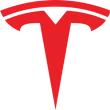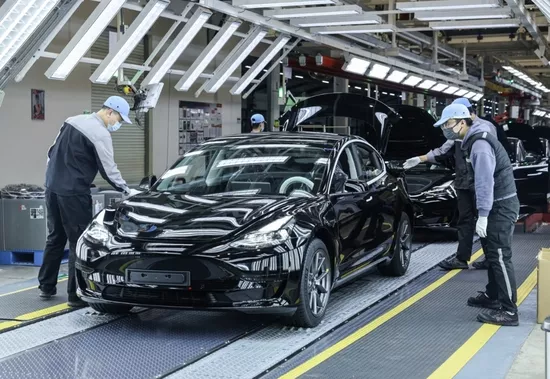Techweb reported on May 4 that on Tuesday local time, electric vehicle manufacturer Tesla announced the cancellation of any form of employee bonus linked to the quarterly delivery quota. But at the same time, Tesla increased the basic salary of sales and delivery employees to make up for the loss caused by the reduction of bonuses. However, whether the salary is raised or not, it seems that this will still lead to an overall decline in the salary of most Tesla employees. As we all know, Tesla adopts a different distribution model from most other carmakers, with stores across the United States rather than relying on third-party dealers.
It means that Tesla can control not only its employees' compensation but also its own sales in these two areas. Over the years, Tesla's direct sales model has been controversial, and the electric vehicle manufacturer is still unable to legally sell its cars in some states of the United States.
By 2019, things began to change. Elon Musk, chief executive of Tesla, said they planned to transfer all sales online, close most stores and reduce the number of retail employees.
This led Tesla to slash the salaries of retail employees and close its first stores, but the carmaker finally shelved some changes. Since then, the company has not only kept most of its stores operating, but now has significantly expanded its retail business.
Although the idea of closing stores has been shelved, employee compensation is decreasing, especially after the abolition of the commission model.
Tesla is still paying bonuses to employees responsible for sales and delivery, but it is linked to a larger quarterly delivery quota based on stores and regions. If these quotas are completed, employees will receive a bonus equivalent to 25% of their salary, which will be paid in cash or stock options.
Now, however, Tesla will also cancel these employee bonuses, according to people familiar with the matter. However, in order to make up for the reduction in bonuses, Tesla increased the basic salary of sales and delivery employees by 12.5%.
For Tesla, which has broken the delivery record for seven consecutive quarters, the bonus model is quite successful. Historically, most Tesla employees have received bonuses every quarter in the past two years. After the adjustment of the salary plan, this means that the total salary of employees will be reduced.
However, there are many places where employees do not get bonuses related to delivery. Perhaps a comprehensive salary increase will create a more level playing field for Tesla's salespeople, because the popularity of electric vehicles is not as widespread as in California and other places.
In addition, the move will also help eliminate the huge pressure brought by the realization of quarterly delivery quotas. At the end of last year, Tesla began to tell employees to reduce their attention to the data delivered at the end of the quarter, which has always been an important part of Tesla's quarterly performance in history.
The commissioning of new plants in Berlin, Germany and Austin, Texas is expected to improve vehicle delivery throughout the quarter and reduce the need to focus on delivering more vehicles at the end of the quarter. It is likely that at some point, Tesla has produced so many cars and is ready to deliver that the bonus will become meaningless. (small)

